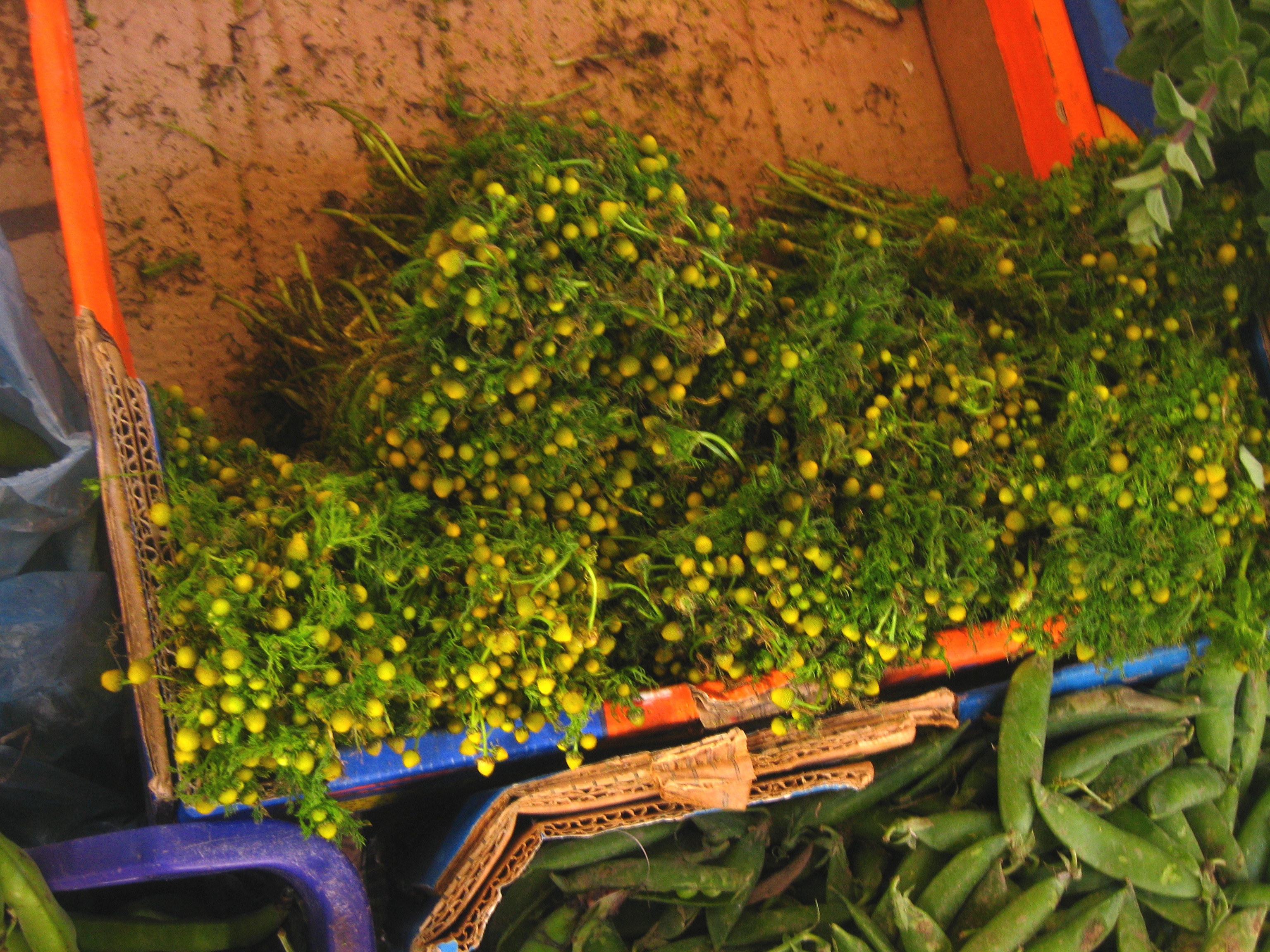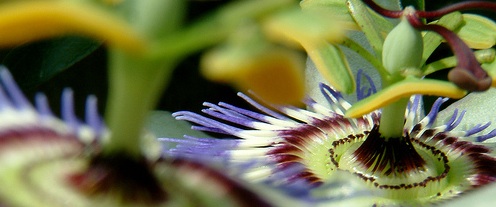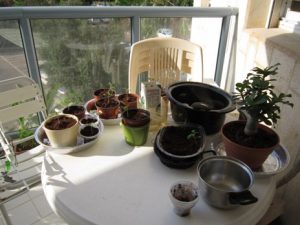Given our current pandemic and overflow of information, it’s understandable for a person to feel some level of anxiety. Sometimes, a little anxiety can be beneficial. However, some people live with greater levels of stress than others. It gets to a point where anxiety sucks the joy out of life.

Consider reaching out to a licensed professional if you experience moderate to severe anxiety consider reaching out to a licensed professional. Often, our anxiety stems from deeper problems we may not recognize right away. BetterHelp can help you find a licensed therapist specializing in helping patients with anxiety. For more information about which therapies work best for anxiety, visit the link below:
https://www.betterhelp.com/advice/psychologists/what-is-convergence-psychology/
Many people turn to natural herbs and treatments to dampen their anxiety. Here are seven examples of natural herbs that can help manage your anxiety levels.
St. John’s Wort
St. John’s Wort is a yellow flowering plant that contains hypericin and hyperforin. This flower grows all over Europe and Asia and is easily accessible in pill form at most pharmacies. St. John’s Wort has been widely used for people with depression, but studies have shown it can also treat anxiety.
It is unknown which specific effect St. John’s Wort has on the body. Still, studies have shown that the flower promotes serotonin production. This hormone stabilizes our moods and happiness.
Valerian
Valerian is a perennial plant found in Europe and parts of Asia. Valerian is sold in tea form. Alternatively, its roots are extracted intend ground into pill forms. Valerian is used to treat people with sleeping disorders and calm someone’s anxiety levels.
Valerian has soothing properties that can soothe people who are feeling anxious or stressed out. The plant contains hesperidin and linarin. These chemicals have been shown to inhibit certain functions in the amygdala. The amygdala is the part of the brain that processes fear and emotional responses to stress.
Chamomile

Wild chamomile in a crate
Chamomile, or Matricaria Recutita, is a versatile daisy-like plant that has been used for many other ailments. Chamomile can help reduce anxiety, inflammation, blood sugar, menstrual pains and even help cancer patients. Chamomile plants are usually dried and infused into teas.
Studies have shown that chamomile taken over time can help reduce anxiety and increase overall well-being. Chamomile contains the chemical apigenin, known to bind to brain receptors that produce anxiety and stress.
Lavender
Lavender is another versatile plant that treats a wide array of conditions. Lavender can be ground as boiled in tea, or its oil can be used in creams and lotions to apply topically. Some of the symptoms lavender can help with are anxiety, sleep problems, asthma symptoms, and pain management.
Lavender oil contains linalyl acetate, which has been shown to affect the parasympathetic system by reducing anxiety levels and regulating hormone production.
Kava
Kava, or kava kava, is a bright green plant indigenous to the Pacific Islands. This plant is known for its psychoactive properties and can cause sedation, relaxation, and relief from anxiety. Kava is usually mixed with a beverage as a plant or extracted into a liquid. If taking kava plant in liquid form, be sure to only take a small dose as it’s very potent as a liquid.
Be advised that kava plants should not be taken daily. Their sedative effects could cause side effects like addiction and severe weight loss.
Passionflower

Passiflora Incarnata is a perennial, woody vine that grows in the Americas. Some species are also found in Asia and the Polynesian Islands. It’s a beautiful purple flower used to treat anxiety, depression, and panic disorders.
Passionflower has been known to raise gamma-aminobutyric acid levels. This compound helps you relax and sleep better by reducing brain activity.
Ginseng Root
Ginseng Root is a popular alternative to taking antidepressants and has been used in Asia for centuries for its curative properties. You can boil the root into a tea, eat the root raw, or take ginseng root in pill form.
Ginseng root contains compounds that help regulate the immune system. It can also help with inflammation and anxiety if taken for no more than 8 weeks. Studies show that after 8 weeks, ginseng root’s curative effects begin to wane.
Final Thoughts
Please keep in mind that herbal remedies are not exempt from side effects. Kava, for example, can become addicting over time. Always be sure to check with your primary caregiver about taking herbal supplements. If you feel severe symptoms, reach out to a licensed therapist for professional help.




